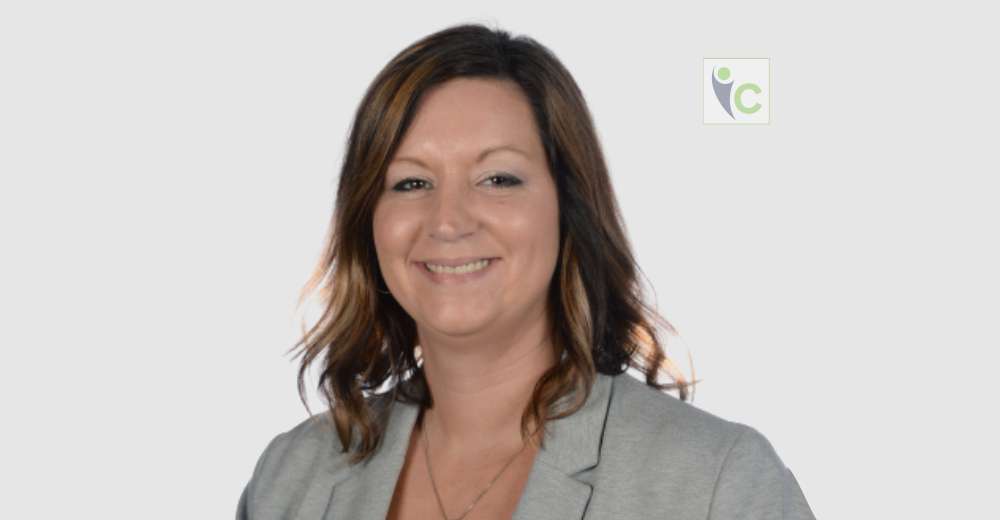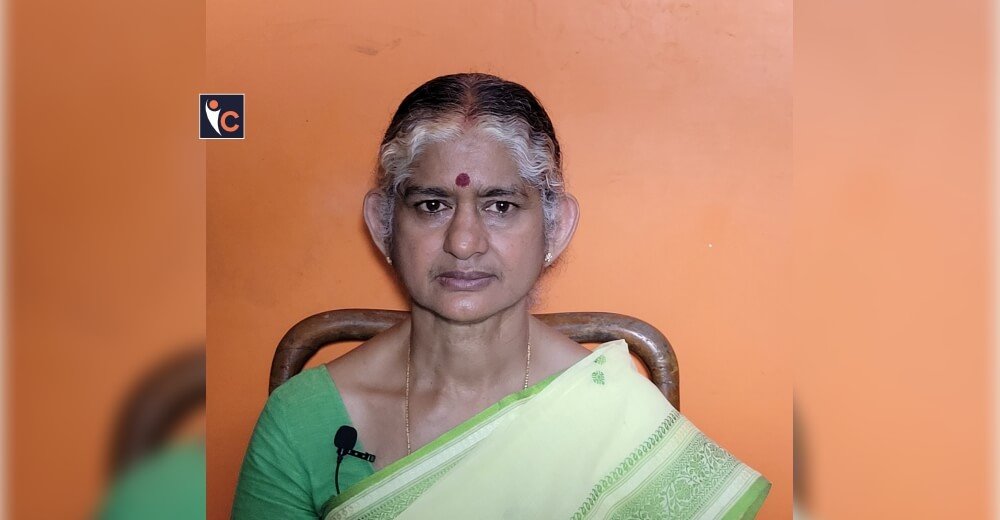When one embarks on a journey, there is always a purpose associated to it. It could be about gaining enlightenment, or about leading a life of selflessness, or even about unravelling the intricacies of life itself. This purpose is what defines us, and it is what drives us to our destination.
In pertinence, with the purpose of supporting vulnerable patients with wounds, Amy Cassata, the VP of Clinical Operations at Swift Medical, began her journey as a nurse, practicing in an LATC hospital in Chicago. This invaluable nursing experience is what provided Amy with a formative and deep sense of empathy for wound care patients and led her to further her education and career.
“Throughout my career, I’ve been fortunate to work with some amazing people at some incredible organizations,” Amy expresses. Some of her most proud milestones, she says, include becoming a Director of Nursing by the age 30, a Director of Clinical Operations for multi-state health care organization by 34 and then, after using the company’s solution as a clinician, she joined Swift Medical as the VP, Clinical Operations – to lead the scale and adoption of digital wound care across thousands of healthcare organizations.
In 2020, Amy was recognized as a Top 25 Women Leaders in Healthcare Software by the Health Care Technology Report, and this year she was recognized as The Most Powerful Women in Business 2021 by The Leaders Globe.
A Benchmark of Excellence
Swift Medical was founded in 2015 with the vision to tackle one of the greatest, and often overlooked, challenges in health care: wounds. The team at Swift Medical states that wounds affect over 8.2 million Americans and often have a debilitating impact on people’s lives, from physical impairment and social isolation to infection, amputation, and death. From a health system perspective, wound patients occupy roughly 30% of all licensed beds in the US and contribute to as much as $97 billion in Medicare spending.
Swift Medical’s technology leverages machine visioning and advanced AI to take scientifically calibrated wound images, provide previously invisible insights into wound healing and inform real-time clinical and operational decisions.
As a result, the company’s technology helps healthcare organizations optimize care delivery and enables clinicians to operate at the peak of their scope of practice – leading to more precise, predictive, preventive, and personalized care that both improves quality of life for patients and reduces costs for health care organizations.
“Our solution has been adopted by over 3,900 organizations across the continuum of care, enhancing the healing of over 10,000 wounds each month,” says the team.
Overcoming Challenges
Talking about how the COVID-19 pandemic has impacted Swift Medical’s daily operations and how she and her team managed to tackle the entailing challenges, Amy Says, “COVID-19 has impacted our business and company operations and caused us to reflect a little more deeply on what it means to be a team, the best ways to work together and who we are as a company during the pandemic and afterwards.”
“The biggest day to day challenge has been the need to work from home. We put in a place a remote work policy and have had to envision and implement new ways to collaborate and work efficiently without all being in the same office,” adds Amy.
For the team at Swift Medical, this has involved adopting new digital collaboration tools, hosting daily, weekly, and monthly team and company update meetings and creating remote team building activities.
“At the onset of the pandemic, we also created a new COVID-19 Health and Safety Team (that I chair), which is responsible for creating new company policies and guideline, so we stay safe during the pandemic and provide regular updates to staff about how the company is responding to COVID-19 from an operations perspective,” Amy adds.
Swift Medical has also implemented new policies to protect and maintain the physical, mental, and emotional health of its staff; for instance, unlimited vacation/time off to help employees maintain a healthy balance in their life and take care of their families, if needed.
Opinions that Matter.
We asked Amy for her opinion on what could be the future of the healthcare services sector post the pandemic, and she will be strategizing to scale Swift Medical’s operations and offerings to be prepared for that future, to which she said, “One obvious, yet essential, way the future of the healthcare sector will be different is the widespread adoption of care-in-place and technology, such as virtual care and remote monitoring, to support care anywhere.”
“To support patients in accessing wound care and help health care providers in remotely reaching their patients, Swift Medical has recently launched a patient-facing application that is being used by health systems, hospitals, clinics, and home care providers to care for their patients in the home/community without requiring as much travel and in-person visits, saving time and money for both providers and patients,” she adds.
Talking about how Swift Medical is changing the IT enabled healthcare services ecosystem, Amy says, “I think one of the most important elements in designing IT enabled healthcare services is understanding the clinician’s workflows, really getting inside their heads, when creating healthcare solutions.”
“One thing that we do at Swift Medical is look at the workflows that the clinician would already be performing and how we can integrate our solutions within that workflow. We don’t want to be that healthcare technology that is death by a thousand clicks. We strive to ensure that our workflow is so seamless within the clinician’s workflow that our users don’t experience any barriers to adopting our solution, and then it becomes so ingrained they can’t live without it.”
In her advice to the budding entrepreneurs who aspire to enter the healthcare services sector, Amy says, “The healthcare sector is ripe for innovation so jump in now! It’s really an exciting time to be in healthcare – on the healthcare service side or healthcare technology side. The rate of change and transformation and the willingness to adopt and evaluate new technology is greater than ever before. There are new technologies, new care models, new investments, new partnership models, new roles – it’s really just a great time of modernization, experimentation, and innovation in healthcare.”
“It’s deep and meaningful work. Maybe more so than any other industry, working in healthcare allows you to be deeply connected to, and have a real impact on, people’s lives. It is a great source of meaning and motivation in my life – knowing that everything I do, and my team does, is helping some of the most vulnerable patients in the country,” she concludes.










